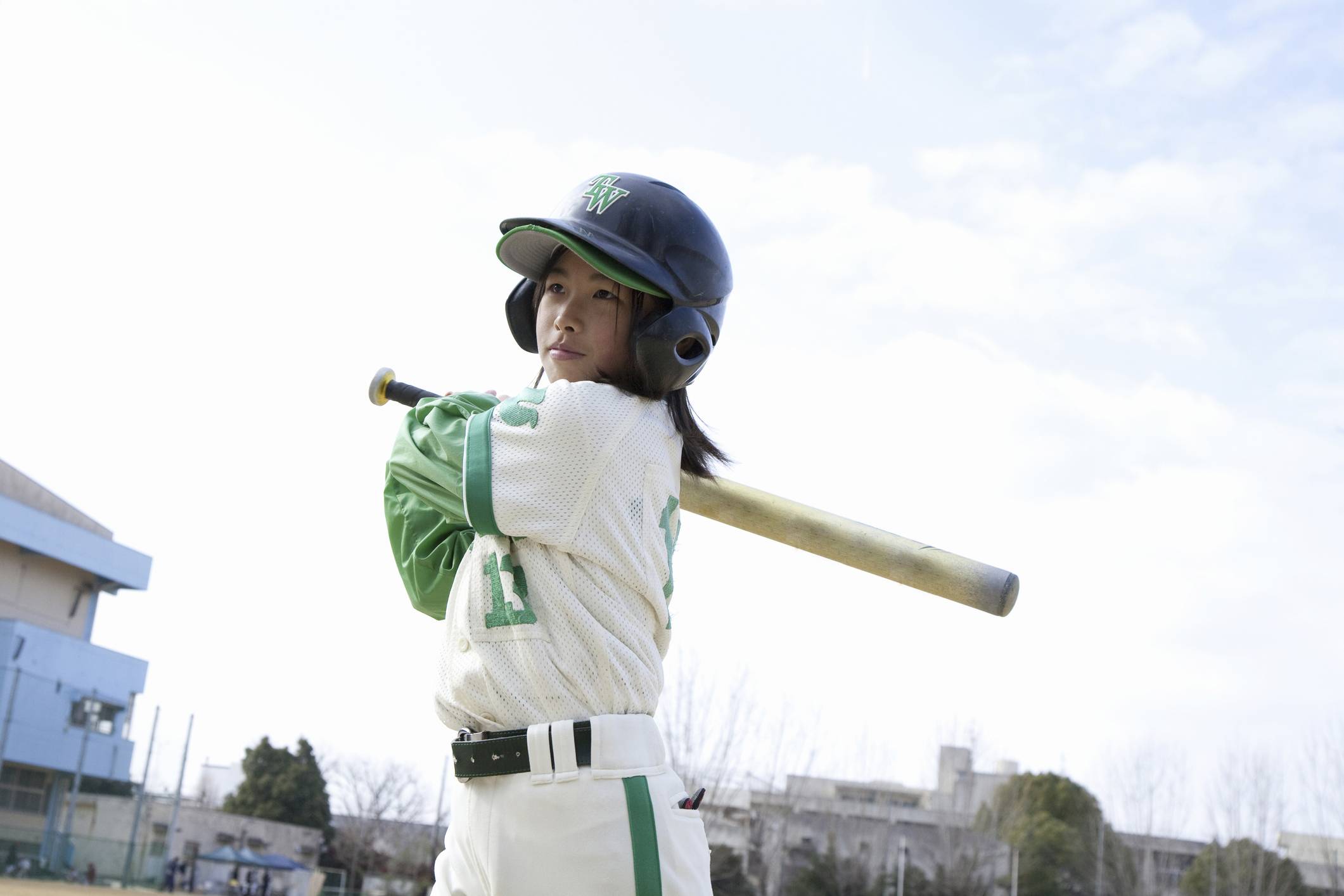If there was a fifth season in Japan, it would be 野球 (yakyū, baseball) season.
10月30日、オリックスが26年ぶりの日本一を果たして幕を閉じた日本シリーズ第7戦 (Jūgatsu sanjūnichi, Orikkusu ga nijūroku-nen buri no Nihon-ichi o hatashite maku o tojita Nihon shirīzu dai nana-sen, On Oct. 30, the curtain fell on Game 7 of the Japan Series with Orix coming first in Japan for the first time in 26 years). And thus the 2022 Nippon Professional Baseball Season ended with a heroic revenge tale, as the Orix Buffaloes avenged their 2021 defeat at the hands of the Tokyo Yakult Swallows, becoming Japan Series champions for the first time in a generation.
オープン戦 (ōpun-sen, preseason games) began on Feb. 23, and the レギュラーシーズン (regyurā shīzun, regular season) starts March 30. This year, some early predictions have the 阪神タイガース (Hanshin taigāsu, Hanshin Tigers) and 福岡ソフトバンクホークス (Fukuoka sofutobanku hōkusu, Fukuoka SoftBank Hawks) at the top of their respective leagues. It’s gearing up to be a good season.


















With your current subscription plan you can comment on stories. However, before writing your first comment, please create a display name in the Profile section of your subscriber account page.